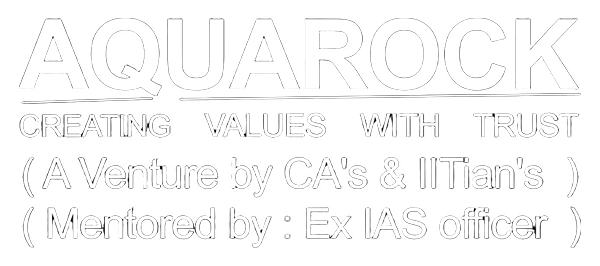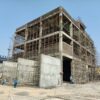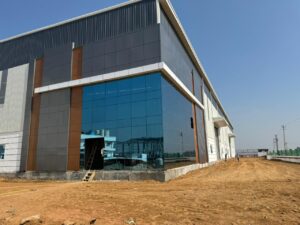Factory Construction in Greater Noida involves navigating the regulations set forth by the Greater Noida Industrial Development Authority (GNIDA), acquiring suitable land,
engaging with construction companies, and understanding the associated costs. Here’s a detailed overview: Regulations and Permissions Establishing a factory in Greater Noida requires adherence to various legal and regulatory frameworks to ensure safety, environmental protection, and lawful operation.
Key permissions include: Land Allotment: Approval from GNIDA for industrial plots. GNIDA is the nodal agency responsible for the administration of Greater Noida and handles land allotment for industrial purposes.
Building Plan Approval: GNIDA grants building permits after verifying compliance with local building construction norms and the factory’s layout and design.
The Greater Noida Industrial Development Area Building Regulations, 1992, and the Building Byelaws 2010 provide detailed guidelines.
Fire Safety NOC: A No Objection Certificate from the Fire Department is mandatory to ensure adherence to fire safety regulations, including fire prevention and protection systems.
Environmental Clearance: The Uttar Pradesh Pollution Control Board (UPPCB) issues a NOC after assessing the factory’s potential environmental impact, requiring compliance with waste management and emission control norms.
Electricity Connection: Approval from the local electricity board based on the factory’s power requirements.
Labor Department Registration: Factories employing more than 10 workers must register with the Labor Department to comply with labor laws such as the Factory Act, 1948. EPF and ESIC Registration: Depending on the number of employees, registration with the Employees’ Provident Fund Organization (EPFO) and the Employees’ State Insurance Corporation (ESIC) will be necessary.
Land Acquisition: GNIDA is the primary authority for the allotment of industrial land in Greater Noida.
Industrial Plots: GNIDA offers industrial plots in various sectors. Keep an eye on their official website for new schemes and e-auctions.
E-Auctions and Schemes: GNIDA frequently uses e-auctions for land allotment to ensure transparency. They often announce schemes for industrial plots of varying sizes. Recently, there has been a focus on supporting MSMEs.
Focus on Industrial Development: Greater Noida is being developed as a major industrial hub, attracting investments in various sectors. The Integrated Industrial Township Greater Noida Limited (IITGNL) is a key area for industrial development.
Factory Design and Construction Companies: AQUAROCK Construction (specializes in industrial factory construction in emerging areas like Greater Noida )
Cost of Factory Construction: The cost of Factory Construction in Greater Noida is influenced by several factors:
Built-up Area: The total area of construction is a primary determinant of cost.
Type of Construction: The materials and construction technology used (e.g., pre-engineered buildings, RCC structures). Pre-engineered factory buildings can start from around ₹400 per square foot.
Material and Labor Costs: Fluctuations in the prices of raw materials like steel and cement, as well as labor wages, will affect the overall cost. Construction costs per square foot in Greater Noida can range from ₹1500 to ₹2500 for traditional construction, and potentially higher for specialized industrial construction.
Land Cost: The cost of the industrial plot acquired from GNIDA is a significant initial investment.
Infrastructure and Utilities: Costs associated with setting up essential utilities like power, water, and waste management.
Design and Specifications: Customized designs and specific requirements for your industry will impact the cost. It is recommended to get detailed quotations from multiple construction companies based on your specific factory design and requirements.
Key Considerations for Factory Construction in Greater Noida
Strategic Location: Greater Noida offers excellent connectivity through the Yamuna Expressway, Eastern Peripheral Expressway, and proximity to Delhi.
The upcoming Noida International Airport in Jewar will further enhance connectivity.
Industrial Infrastructure: The presence of dedicated industrial areas like IITGNL with developed infrastructure is a significant advantage.
Government Support: The Uttar Pradesh government and GNIDA are actively promoting industrial development in the region.
Availability of Skilled Workforce: The presence of educational institutions and industrial training centers ensures a supply of skilled labor.
Future Growth Potential: Greater Noida is a rapidly developing industrial and urban center with significant growth potential. In summary, building a factory in Greater Noida requires careful attention to regulatory compliance, land acquisition through GNIDA, selection of experienced construction
partners, and a thorough understanding of the various cost factors involved. The region’s strategic location and industrial focus make it an attractive destination for manufacturing and industrial ventures.
+91-9650389757







Add comment